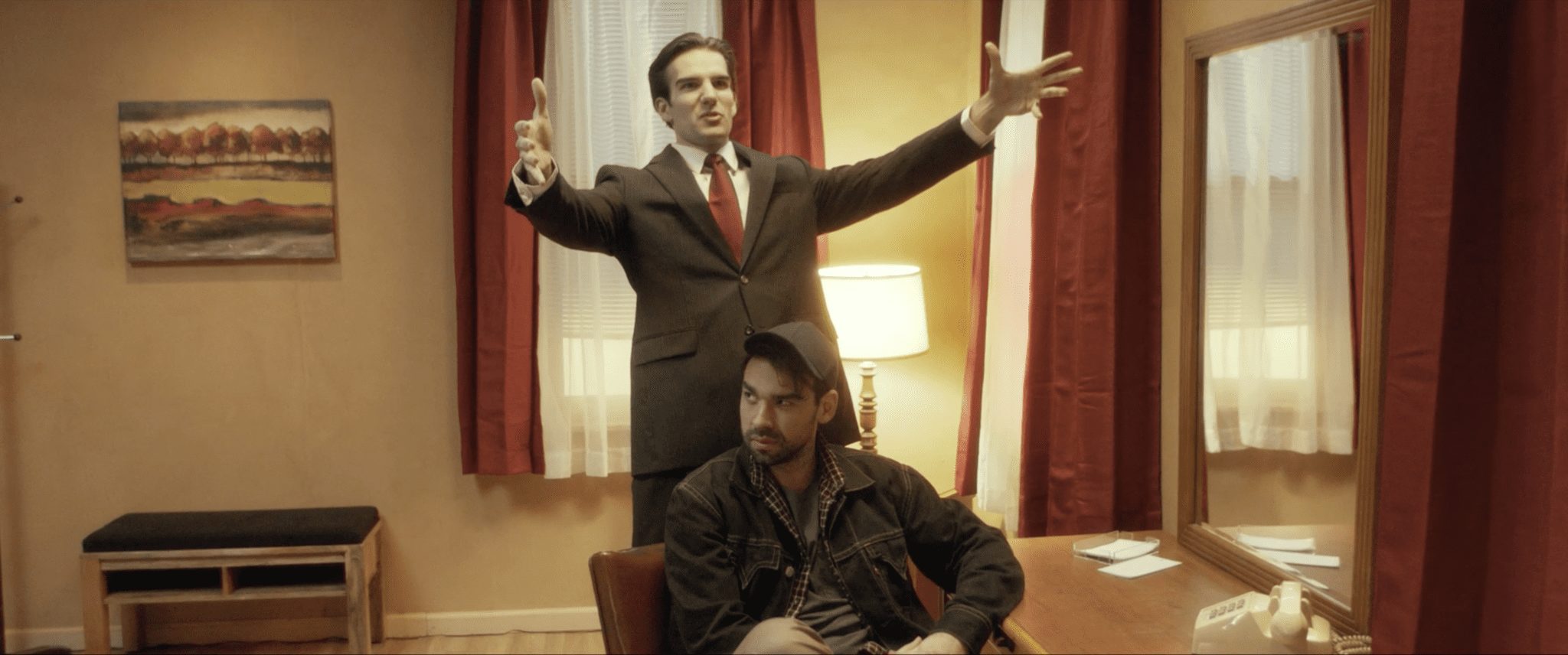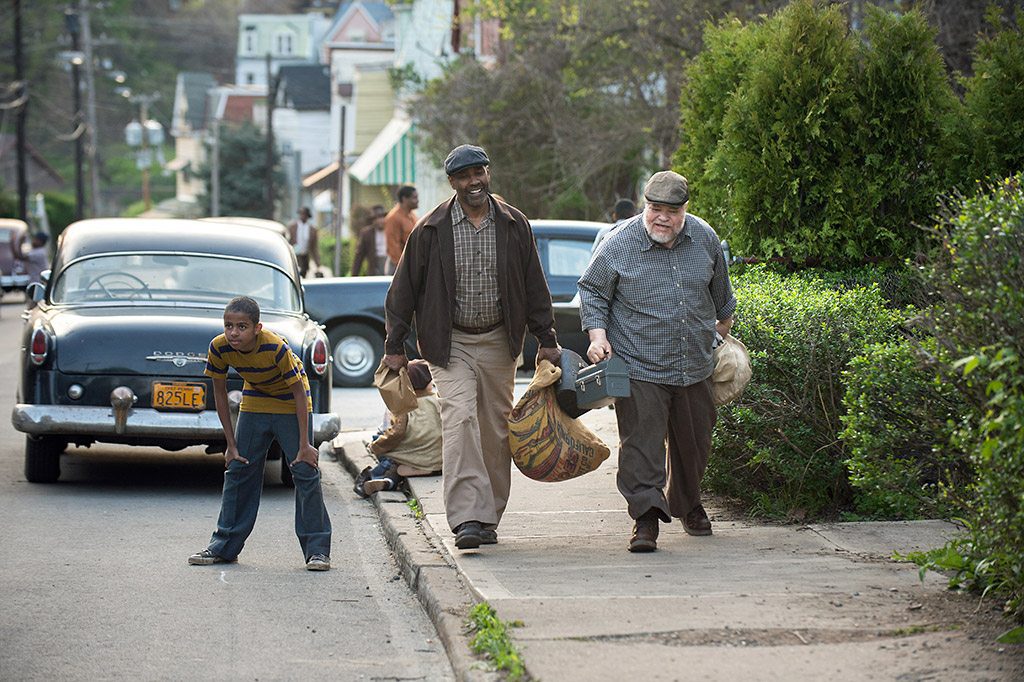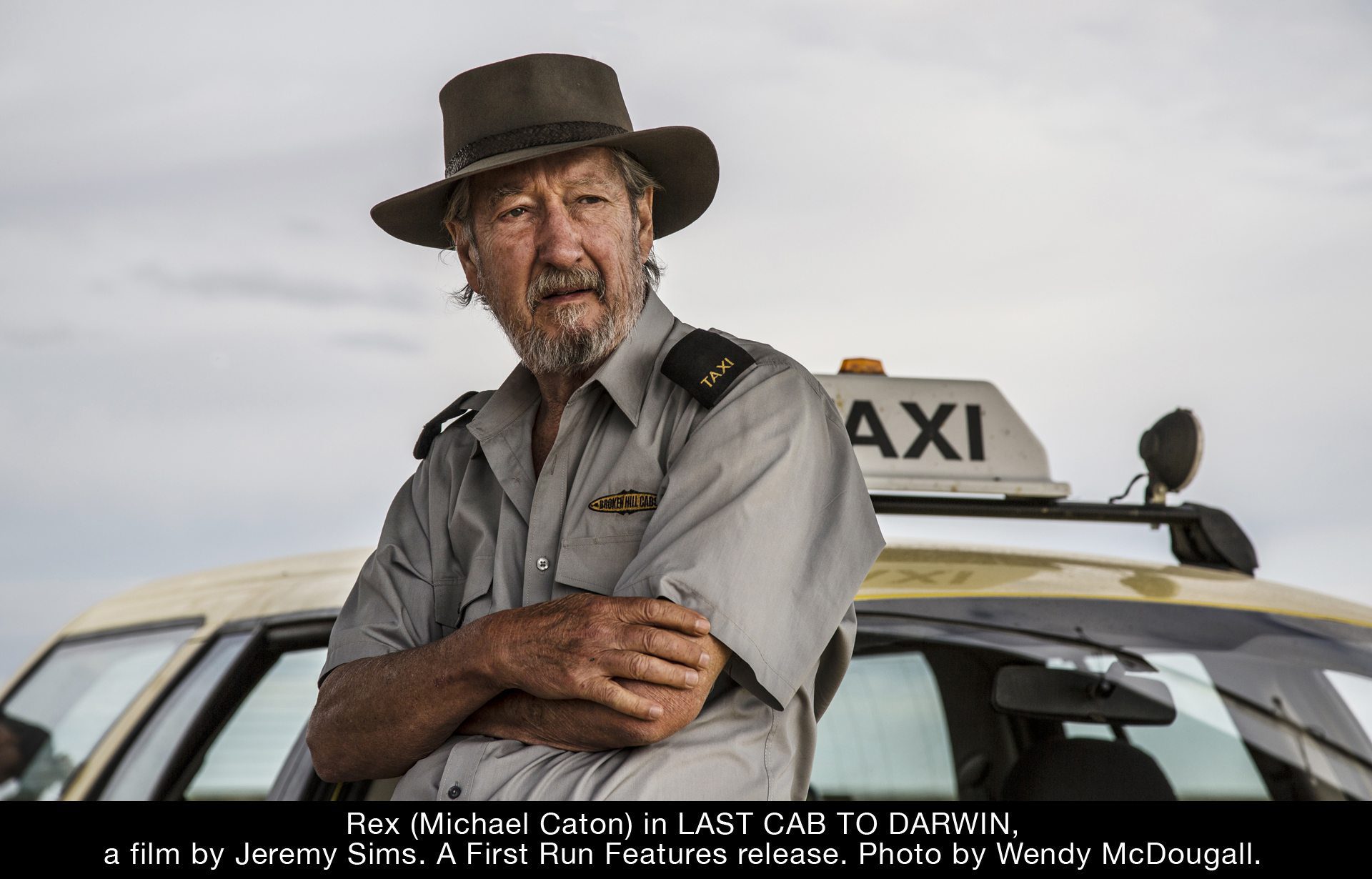
Gun and a Hotel Bible – The Word Speaks
?Don?t most hotels have the courtesy to leave you in the drawer? Jesus Christ!? Sometimes, I miss those all-night bull sessions I would have with roommates in college. We would delve into deep questions about God, morality, and the meaning of life. We would sometimes pick a perspective just for the sake of seeing where…



